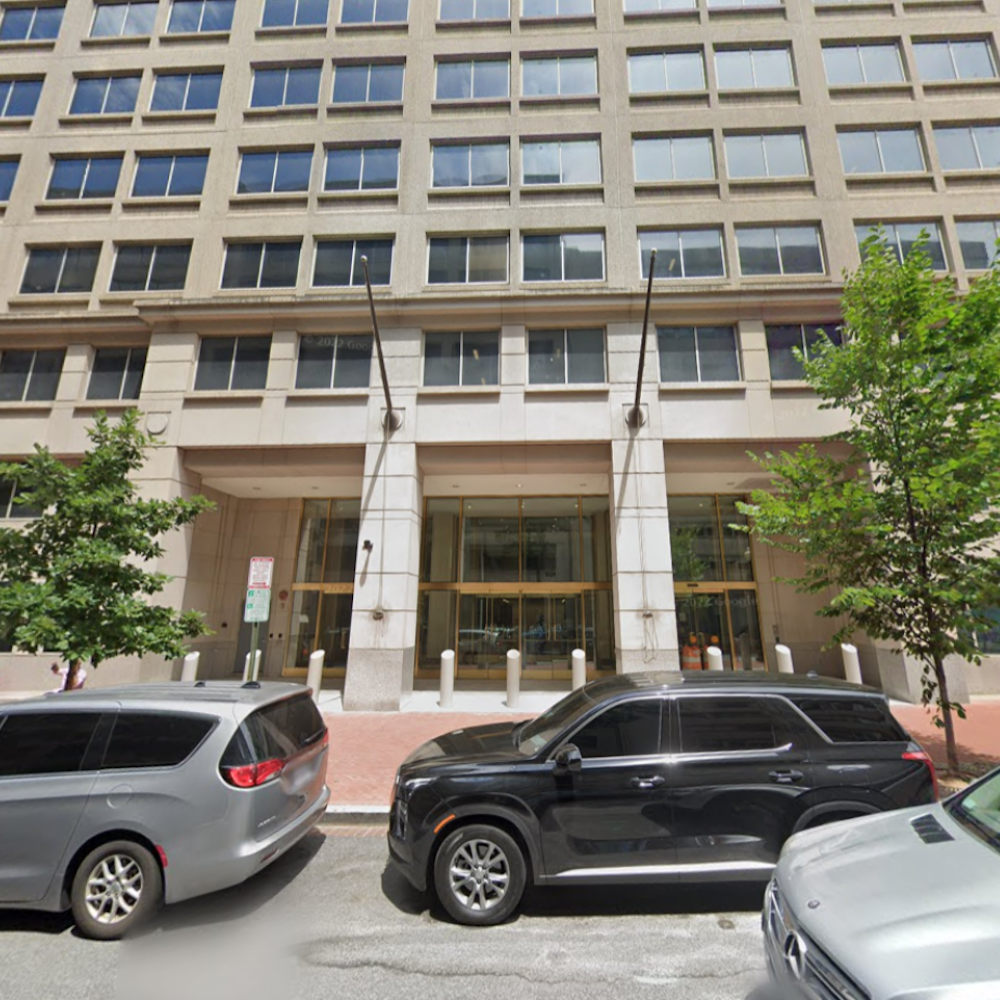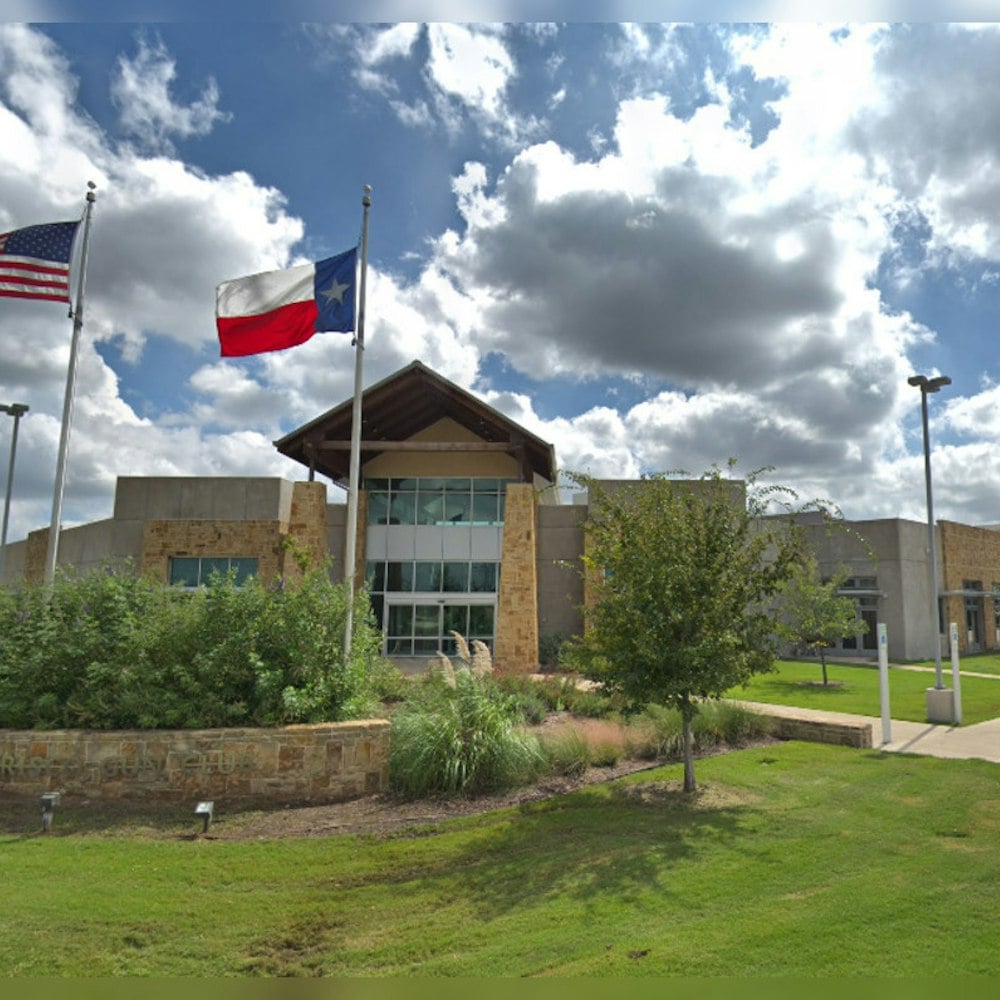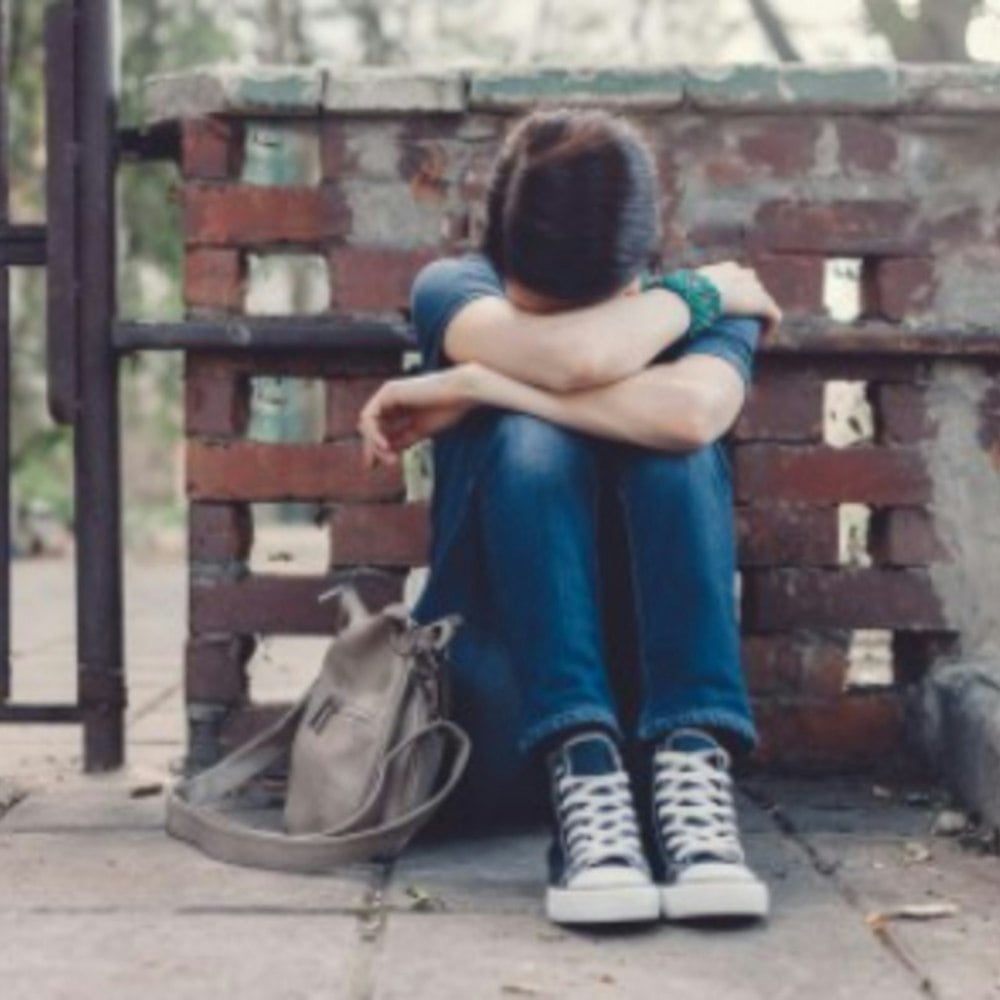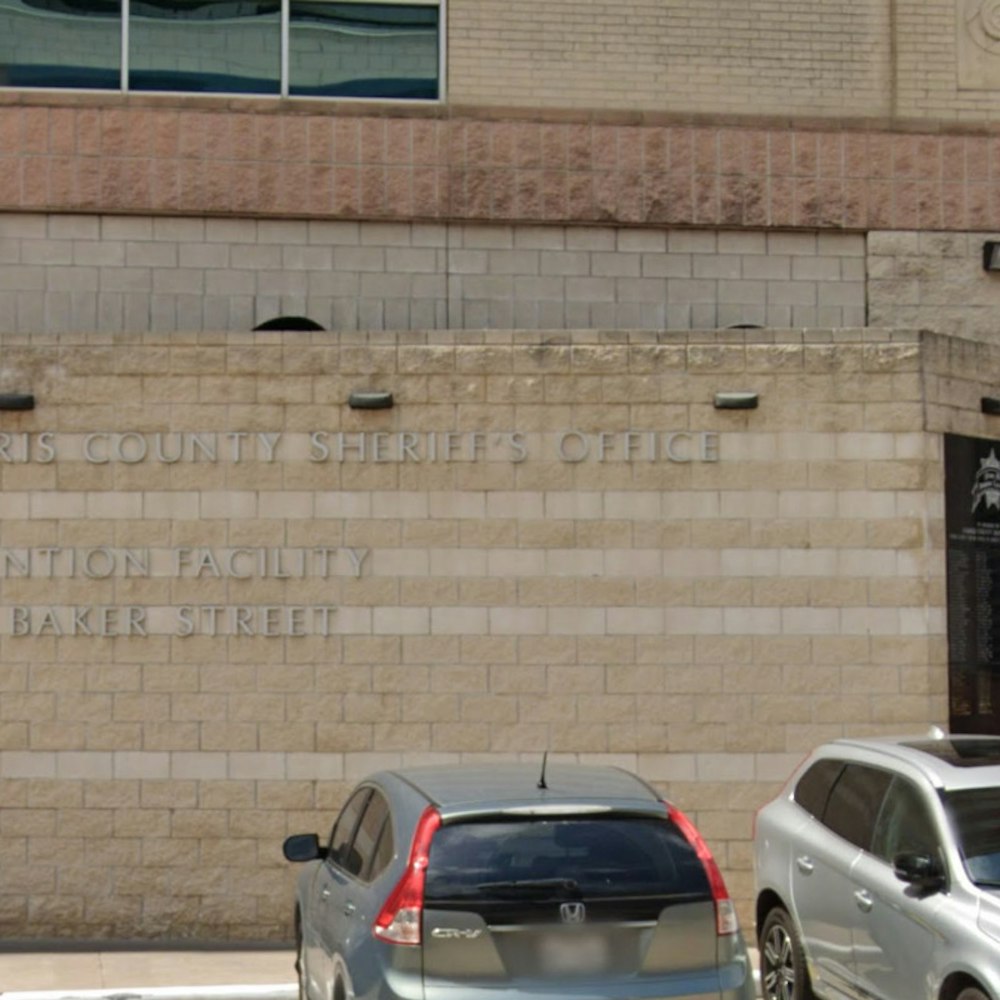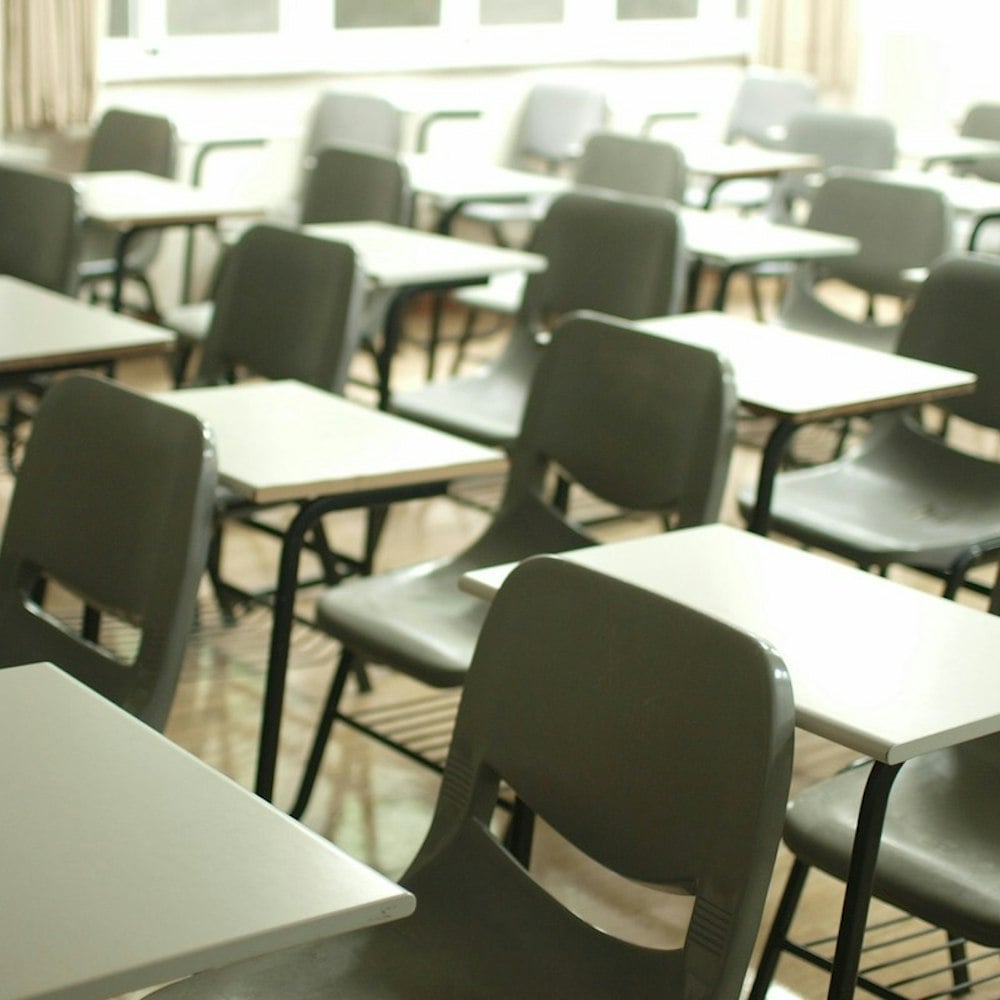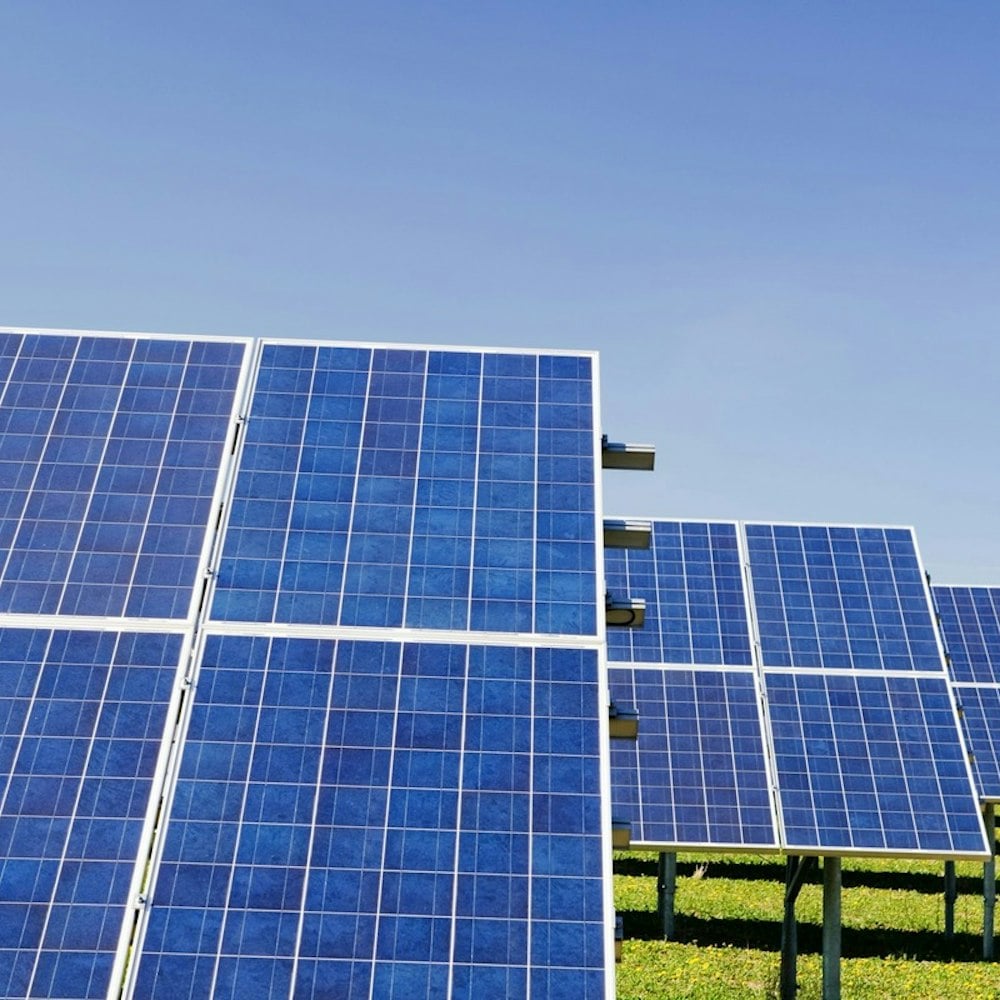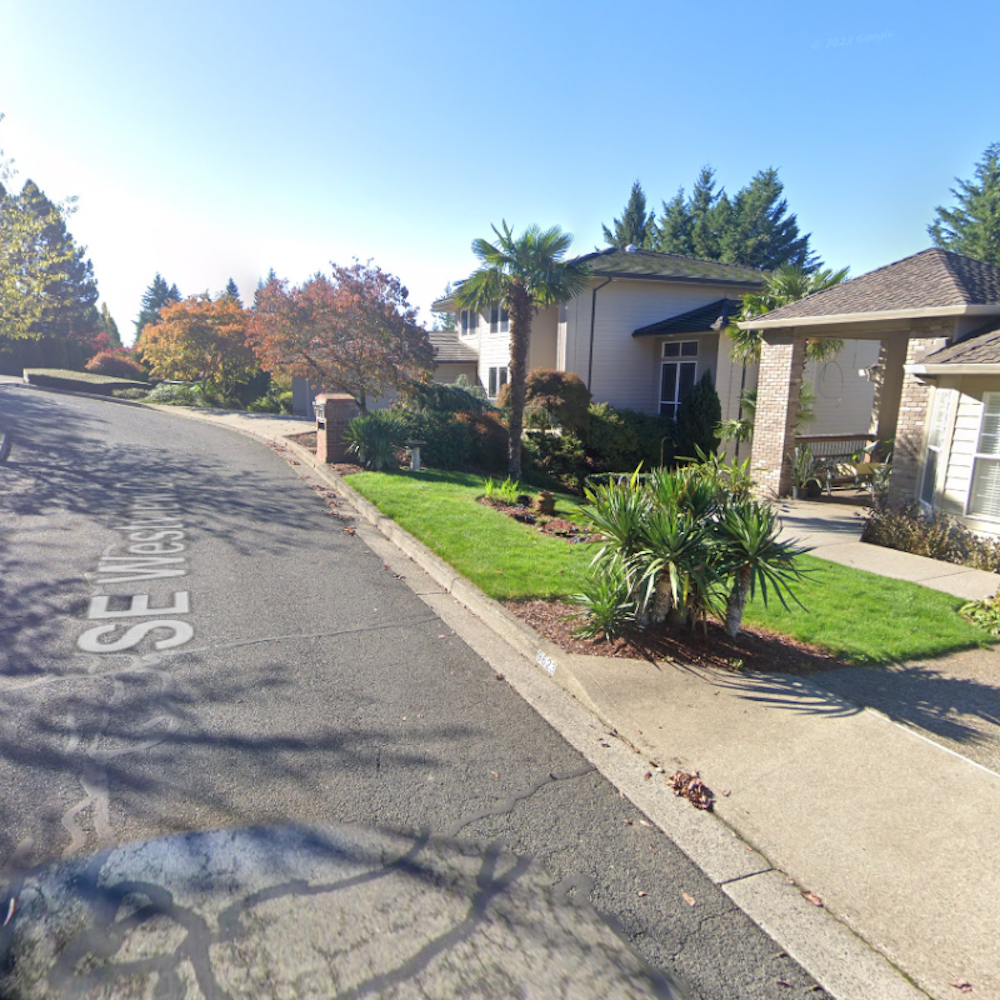
The city of Chicago, facing the heat head-on, released the outcomes of its Heat Watch 2023 campaign last week, revealing some scorching insights into urban hotspots. Chicago’s Department of Public Health, the Department of Environment, and Northwestern University Buffett Institute’s Defusing Disasters Working Group pooled their skills, along with input from community partners, to undertake an ambitious study of extreme heat across the city's many neighborhoods.
This environmental effort was part of a broader initiative that saw Chicago fall in step with 16 other communities nationwide, all swept up in the National Oceanic and Atmospheric Administration’s (NOAA) Heat Watch campaign over the summer. On a blisteringly hot day in July, a small army of more than 550 Chicago residents volunteered for a city-wide data collection mission, although, only about a hundred were selected to staff the community hubs or hit the road, armed with NOAA’s heat sensors to gather data on temperature and humidity.
According to their findings, the disparities in heat experiences are not just about the mercury rising. "Certain populations are more impacted by extreme heat conditions due to existing medical conditions and neighborhood disinvestment," CDPH Commissioner Dr. Olusimbo “Simbo” Ige was quoted, stressing the importance of pinpointing differences across communities. The utmost temperature logged during the campaign was a sizzling 99.1°, with some parts of the city experiencing a staggering 22° fluctuation.
Drilling down into the data—composed of nearly 140,000 unique temperature and humidity readings—underscored the so-called urban heat island effect, where sweat-inducing factors such as industrial zones and concrete jungles turn up the thermal dial. "The findings from Heat Watch 2023 reaffirm the City’s commitment to addressing climate change through policy and community collaboration," expressed Chicago’s Chief Sustainability Officer Angela Tovar, suggesting the city's eagerness to craft smarter, cooler policies.
But, this summer sizzle isn’t meant just to raise alarm—it's about sparking action. The Heat Watch numbers are set to feed into a vital public health initiative: a heat vulnerability index designed to steer resources to those in greatest peril from the city’s heatwaves. With the Northwestern Defusing Disasters team leading the charge, they aim to tether community-based know-how with academic insights, creating a bulwark against climate change’s fiery onslaught.
Dr. Daniel Horton, from the Northwestern squad, emphasizes the urgency, "In the midst of a changing climate, we know that extreme heat events will become more frequent and more severe." With forward-looking efforts, Chicago hopes to dial back the heat, one neighborhood at a time, ensuring a cooler, more resilient city in the face of warming trends.
For the city-dwellers curious about exactly how hot their block got or those looking to learn more about the findings and future cooling strategies, a full report is available at chicago.gov/coolchi. Moreover, those interested in the collaborative fight against climate-induced disasters can get a deeper dive into the Defusing Disasters Working Group’s methodology by visiting the Northwestern Roberta Buffett Institute for Global Affairs’ website.
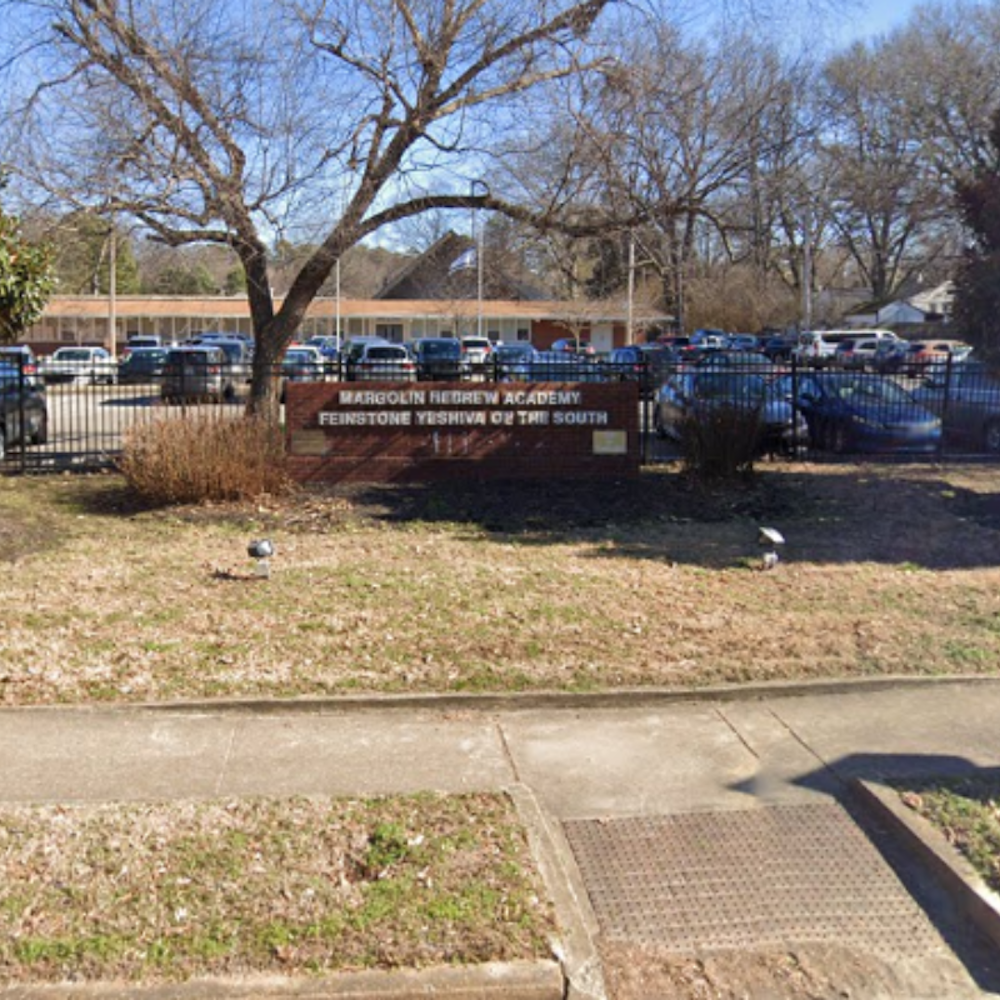
-1.webp?w=1000&h=1000&fit=crop&crop:edges)
